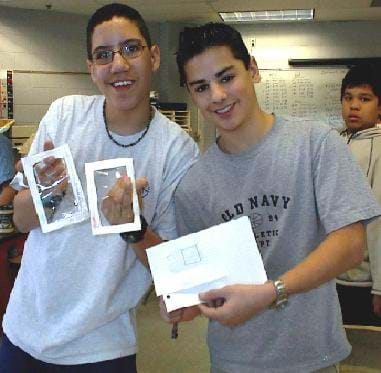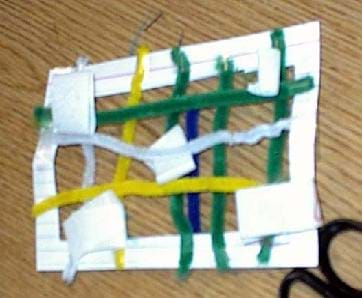- What were the simulations you did yesterday about?
- What role do chloroplasts play in photosynthesis?
- What factors affect photosynthesis?
Additional Simulations
https://www.newpathonline.com/api_player/enus_54_6206/h7sIbz/index.html
- Make a data table of your results like the one shown.
- Record the lab purpose.
- Write a 3 sentence conclusion about what happened and, scientifically, why you think this is so.

